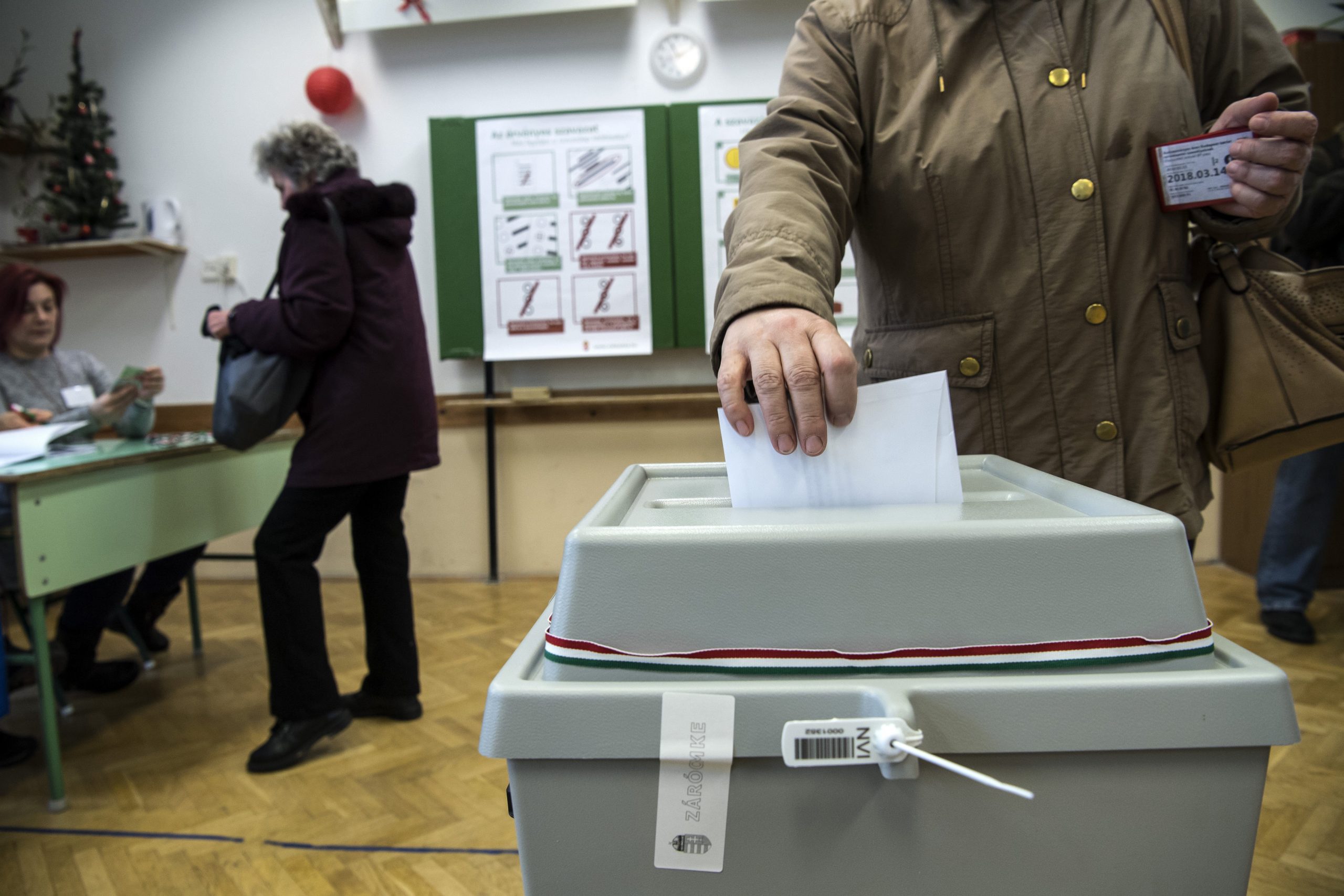
The National Election Committee on Friday rejected five referendum initiatives put forward by private individuals and members of the opposition, including questions on cutting greenhouse gas emissions, introducing a “billionaire tax”, state support for political parties, health-care financing and the appointment of public school head teachers.
Referendums were put on hold between early November and July 21 as part of measures to manage the coronavirus pandemic. The committee resumed consideration of initiatives that had been submitted before this period.
Zoltán Keresztényi, a private individual, had formulated a question regarding the proportion of voting rights in connection with the appointment of head teachers of schools financed wholly or in part from the state budget. The committee rejected the initiative, citing a lack of clarity in the way the question was formulated.
The communist Hungarian Workers’ Party (Munkáspárt) had wanted to put forward a question on whether health care should be free of charge and accessible to all, as well as whether Hungarian political parties should receive budget support. The party’s third question concerned whether billionaires should contribute to coronavirus-related spending by paying a special tax. The committee rejected the questions, citing conflicts with existing budget laws and the constitutions, among other reasons.
Erzsébet Schmuck, the co-leader of the green LMP party, had wanted to canvass people’s opinion on whether greenhouse gas emissions should be reduced by 65 percent by 2030 compared with 1990 levels. The committee cited incompatible timeframes regarding the legislative agenda and the timeframe included in the question as the reason why it rejected her initiative.
Meanwhile, the committee postponed assessing the initiative of the Civil Movement Association submitted in September last year concerning compulsory vaccination. The government on Thursday decided to make vaccinations for health-care employees mandatory, and since this development could not have been considered in the course of the committee’s decision-making process, it decided to postpone its ruling.
The committee’s decisions can be appealed to the Kúria, Hungary’s supreme court, within 15 days.
Featured photo by illustration by Zsolt Szigetváry/MTI